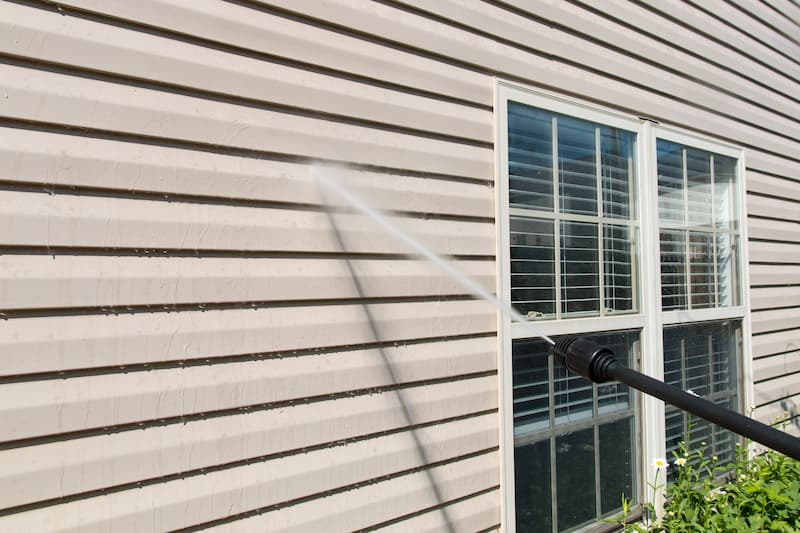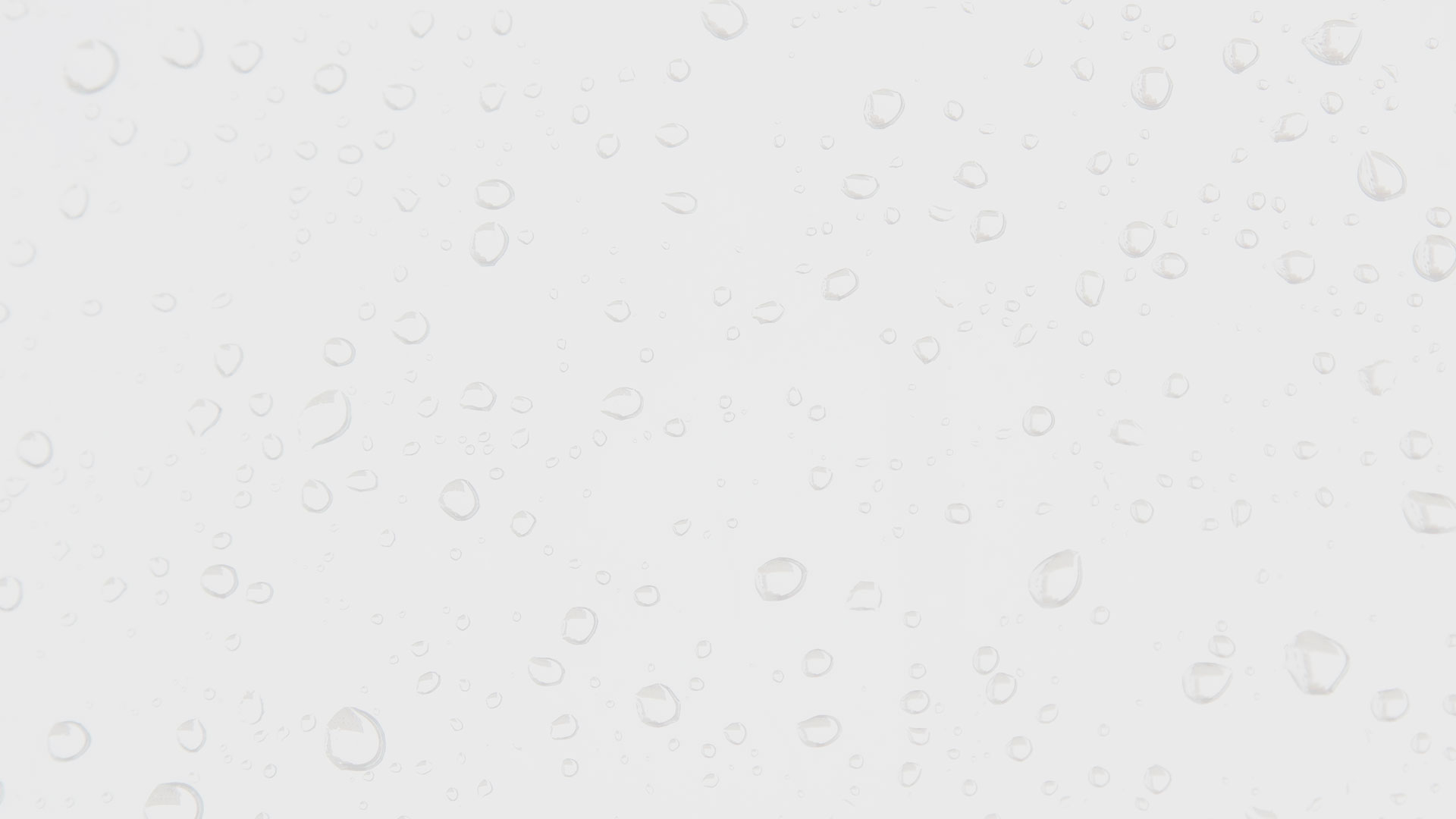Pressure Washing vs. Soft Washing: What’s Safer for Stucco and Tile Roofs in Miami

If you’re deciding between pressure washing and soft washing in Miami, you’re not alone. The right choice protects your stucco walls and tile roof from damage while restoring curb appeal. This guide explains how each method works, why Miami’s humid, salty air matters, and which approach is safer for your home.
As a local exterior-care team, we see the same pattern across Coral Gables, Pinecrest, Kendall, and Miami Beach: the safest path for stucco and tile is usually soft washing. When you do need heavier cleaning on hard surfaces, targeted pressure can help. If you prefer a pro to handle it, our Miami-based pressure washing services are set up for both methods with the right equipment and training.
Short Answer: Soft Washing Is Safer for Stucco and Tile Roofs
Stucco and clay or concrete tile are beautiful but porous. High pressure can etch stucco or force water behind it, and it can crack tiles or lift caps. Soft washing uses low pressure and a controlled cleaning solution to break down organic growth so it rinses away gently. That’s why most roof and stucco cleanings in South Florida are done with a soft wash process rather than high PSI.
Soft Washing vs. Pressure Washing: What’s the Difference?
Both methods remove stains, but they work in different ways.
- Soft washing: Low pressure plus a carefully mixed cleaning solution loosens algae and mildew, then a gentle rinse clears the surface.
- Pressure washing: High-pressure water removes grime by force and is better suited for hard, durable surfaces like concrete or certain metals.
For tile roofs and stucco, soft washing reduces risk while reaching deep into pores where algae lives. On materials that can withstand it, controlled pressure washing can be useful for driveways, pavers, and some masonry.
Why Miami’s Climate Changes the Choice
Our subtropical weather feeds algae and mildew. Summer downpours, warm nights, and salt air along the coast speed up the staining you see as dark streaks on tile or blotches on stucco. Shaded areas under oaks or palms in Coconut Grove or Doral stay wet longer, which means growth returns faster. Soft washing is designed to treat that organic buildup at the source so your results last longer between professional cleanings.
What Can Go Wrong With High Pressure on Stucco and Tile
Stucco is a cementitious finish that can be scratched or pitted by high PSI. It can also allow water intrusion if pressure drives moisture into hairline cracks. Tile roofs are sturdy underfoot when handled by trained techs, but direct high pressure can dislodge protective coatings or break edges. If you see streaks or chalking after a hard wash, the surface may have been over-cleaned.
Another risk is overspray. High-pressure wands can kick water up under tile overlaps or into attic vents. Any cleaning that risks water intrusion is the wrong method for a roof. Soft washing lowers that risk, which is why it’s the standard for most Miami tile roofs and stucco facades.
When Pressure Washing Still Makes Sense
Some exterior materials can handle higher pressure when used with the correct tip, distance, and technique. Driveways in Kendall, concrete pool decks, and many masonry walls respond well to a balanced pressure wash. Paver joints and soft stone need care, but a trained crew can adjust to avoid loss of sand or surface scarring. If the project includes both roof and hardscape, a mixed approach works well: soft wash for the roof and stucco, then a controlled pressure wash for the driveway.
How to Tell Which Method Your Home Needs
Look at the type of dirt and the surface:
- Dark streaks on tile or blotchy green on stucco usually mean organic growth. Soft washing is best.
- Rust from sprinklers on concrete or tire marks on a driveway point to pressure washing with the right detergents.
- Painted stucco can fade if hit with too much force. If it’s painted, start gently.
What a Professional Soft Wash Looks Like
A well-run soft wash service begins with a site walk to confirm materials, note drainage, and protect plants. The crew applies a controlled solution that targets algae and mildew on stucco and tile, allows the dwell time needed to work, then rinses low and even. The aim is a clean surface without stripping textures or coatings.
Plant protection matters in neighborhoods like The Roads or Palmetto Bay, where lush landscapes sit close to the home. A trained team will pre-wet, cover when needed, and thoroughly rinse after cleaning. For complex roofs, they use safe access points and avoid putting unnecessary weight on fragile tiles.
Miami Examples: Where Each Method Fits
Picture a light-colored stucco home in Coral Gables with a terracotta tile roof and a shaded side yard. The soft wash removes the dark roof streaks and the green film on the stucco without etching. In the front, the concrete driveway with irrigation rust gets a careful pressure wash and rust remover so it looks fresh without harming the pavers edging the walk.
Now think of a beachfront home in Miami Beach. Salt spray speeds up staining on tiles and glass. Soft washing keeps the roof and stucco clean while avoiding the risk of driving salty water into overlaps or under vents. The travertine pool deck might get a light, controlled rinse with low pressure and a stone-safe detergent.
How Often Should You Clean in Miami?
Frequency varies by shade, trees, and proximity to the bay, but many homeowners in Pinecrest or Cutler Bay schedule roof and stucco cleaning about once a year, and high-traffic hardscapes as needed. Homes near dense tree canopies may benefit from shorter intervals because pollen and leaves hold moisture against surfaces. The goal is to prevent buildup, so cleaning stays gentle.
Soft Wash Safety and Your Landscaping
Good crews protect your plants and turf while they work. They pre-water beds, divert rinse water, and monitor runoff. If your property includes synthetic turf, low-pressure rinsing keeps infill in place. When booking, ask what steps they take to shield plantings and fixtures. You should expect a tidy cleanup with no residue on windows or garden beds.
Pair Cleaning With Seasonal Maintenance
Miami homeowners often time roof and stucco cleaning with seasonal tasks like pruning or resealing pavers. If you’re sprucing up beds, updating lighting, or planning a new patio, combine visits so your surfaces get cleaned after the work wraps. That way, you lock in a fresh finish for the whole yard.
When you’re ready to refresh walls, roofs, and hardscapes together, our team can coordinate services so your project runs smoothly from curb to back patio. If you need both a gentle roof wash and a strong driveway cleanup, our pressure washing services cover both with one crew and schedule.
Local Tip for Homeowners
Humidity spikes after afternoon storms, so morning appointments can help surfaces dry faster. On tile roofs, a professional walking pattern and proper footwear reduce the risk of cracked edges. If you’ve seen repeated algae streaks on the north face of your home, ask about treatment approaches that target shaded zones first.
Who Should You Trust for the Work?
Choose a local company that understands Miami materials and microclimates. Look for training in soft wash chemistry, plant protection, and roof access safety. Check recent projects in neighborhoods like Brickell, Westchester, or Palmetto Bay. Strong before-and-after photos on stucco and tile are good signs the crew knows how to clean without damage.
Ready to Protect Your Stucco and Tile Roof?
If you want safe results that last through Miami’s heat and storms, soft washing is your best starting point for stucco walls and tile roofs. For hardscape, the right pressure makes concrete and pavers pop again. To schedule with Big Green Men, call 786-629-8777. When you’re set to book, our team can recommend the safest approach for each surface and coordinate everything in one visit.
Give Your Miami Pressure Washing & Industrial Cleaning Specialist a Call Today!
